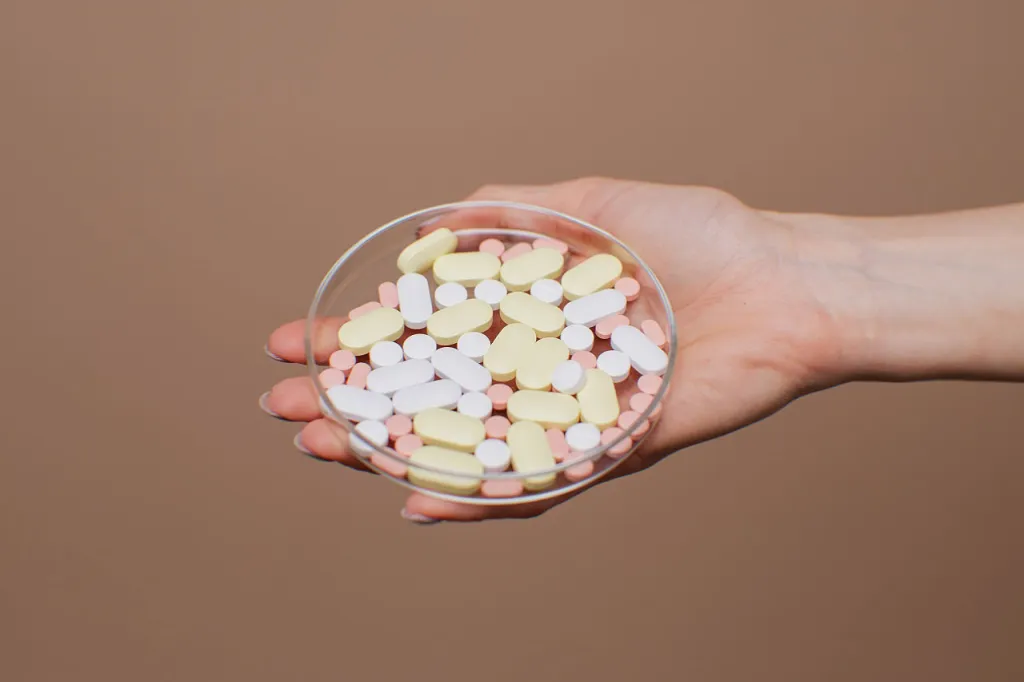Introduction
Let me guess. You’re sitting there, reading this, trying to concentrate—again. ADHD isn’t just a bunch of letters. It’s your everyday. It’s losing your keys again. Is zoning out mid-conversation. A brain full of fireworks on a loop.
Sure, meds help. No doubt. But you’ve heard of the side effects. Or maybe they’re just not working for you anymore. So now, you’re looking for something… different. More natural. Gentler on your body. Something that doesn’t leave you feeling like a robot. ADHD management Natural Supplements.
That’s where natural supplements step in. They’re not miracle cures. But they can help. Think of them as your brain’s support crew. Quiet. Reliable. Working in the background.
So let’s get into it—7 natural supplements that actually help with ADHD.
1. Omega-3 Fatty Acids
I’ll start with the big one.
You know how your car runs better with premium gas? Your brain’s kind of like that. Omega-3 fatty acids, especially EPA and DHA, are the premium fuel it needs.
Back in school, I couldn’t sit still. I’d doodle, fidget, talk. Then my mom started giving me fish oil. Thought it was nonsense. But weeks later? I could think. I could listen. Coincidence? Maybe. But science says otherwise.
Researchers have found that low Omega-3 levels are common in people with ADHD. Supplementing has shown real promise—better attention, fewer outbursts, less brain fog. ADHD management Natural Supplements.
Best sources? Salmon. Sardines. Or just pop a high-quality fish oil capsule. Easy.
2. Zinc
Tiny mineral. Huge job.
Zinc helps your brain make dopamine. That’s the feel-good, focus-boosting chemical ADHD brains can’t seem to keep enough of.
Ever notice your kid seems foggy, moody, kinda off? Might be zinc. A lot of kids (and adults) with ADHD run low on it. Adding zinc has helped many dial in their focus and reduce impulsive behavior.
But a heads up—don’t just go loading up without checking with a doc. Too much zinc? Not good. It can mess with other minerals in your system. ADHD management Natural Supplements.
3. Magnesium
Stressy? Twitchy? Can’t sleep?
That’s where magnesium shines. chills your nervous system. It calms racing thoughts. It even helps you sleep better—something many folks with ADHD seriously struggle with.
I remember my college roommate—he was all energy and no sleep. Always on. Then he started taking magnesium glycinate. Different person. Still energetic, but less… scattered.
Science backs it too. ADHD often overlaps with low magnesium levels. Fixing that can ease restlessness, anxiety, and emotional overload.
Sources? Leafy greens, nuts, seeds. Or a supplement before bed.
4. Iron
So here’s the deal—iron’s not just for avoiding anemia. It literally powers your brain’s dopamine production. And guess what? People with ADHD often have low iron, especially ferritin, the storage form.
I had a friend who kept crashing mentally by 2 p.m. every day. He thought it was just burnout. Turned out, his ferritin levels were ridiculously low. Iron supplements changed his life.
But again, too much iron is dangerous. Get tested. Don’t play doctor with this one.
5. L-Theanine
You ever drink green tea and feel oddly calm but alert? That’s L-theanine.
It’s like the anti-chaos compound. Helps your brain focus without making you sleepy. Smooths out those rollercoaster brainwaves.
ADHD folks often deal with anxiety and crappy sleep. L-theanine helps with both. No drowsy side effects. Just calm energy.
Parents love it for their kids too—at the right dose, it’s safe and super effective. Especially when bedtime is a war zone.
6. Ginkgo Biloba
Old-school herb. Still got it.
Used for centuries in Chinese medicine, Ginkgo boosts blood flow to your brain. That means more oxygen. Better memory. Sharper focus.
Some studies say Ginkgo helps reduce inattention and improve processing speed, especially in combo with other therapies.
But fair warning—not everyone feels the effects. It’s a bit hit-or-miss. Worth trying if nothing else is working.
7. Rhodiola Rosea
Life’s hard. ADHD makes it harder. Rhodiola helps.
It’s an adaptogen—fancy word for a plant that helps your body handle stress. Mental burnout? Rhodiola’s your friend.
I took it during a rough patch when deadlines, distractions, and depression all collided. It didn’t “fix” things, but it gave me clarity. Just enough to push through.
It’s great for adults who are juggling too much, feeling drained, and need their brain back.
How to Choose the Right Supplement
Before you run to the supplement aisle with a shopping list, pause.
Talk to a healthcare provider. Yes, even if it’s just a 10-minute call. They’ll help you avoid sketchy combos or mega-doses.
And for the love of all things good—read labels. Look for purity. Third-party testing. No artificial junk. Your brain deserves better.
Lifestyle Tips to Complement Supplements
Supplements won’t work miracles if the rest of your life’s out of whack. Here’s what helps:
Eat like you mean it
Whole foods. Less sugar. More protein and healthy fats. Food is brain fuel—treat it like it matters.
Move your body
Even a 10-minute walk clears the cobwebs. Exercise boosts dopamine naturally.
Fix your sleep
No phone in bed. No Netflix marathons ‘til 2 a.m. Your brain needs deep rest to reset.
Try mindfulness
Meditation sounds fluffy. I get it. But a few minutes of stillness can do wonders for a chaotic mind.
Conclusion
ADHD is tough. No sugarcoating it. But it’s not unbeatable.
These seven natural supplements won’t change who you are—but they might help you feel more like you. The focused, creative, driven version of you that ADHD sometimes drowns out.
Remember—this isn’t a one-size-fits-all journey. Start small. Track how you feel. Mix in better habits. Talk to your doctor. And give it time.
You’ve got this.
FAQs
1. Are natural supplements safe for children with ADHD?
Usually, yes. But dosing matters. Always ask your pediatrician before starting anything new.
2. Can I take more than one supplement at a time?
You can—but that doesn’t mean you should. Some pair well, others don’t. Ask your provider.
3. How long do supplements take to show effects?
Depends. Some kick in fast. Others take weeks. Stick with it. Give it 30 days before deciding.
4. Are there any side effects to be aware of?
Yep. Even “natural” stuff can cause tummy issues, sleep problems, or interact with meds. Monitor closely.
5. Can supplements replace ADHD medication?
Not usually. They can support your brain. But replacing meds? That’s a bigger conversation with your doctor.
Please don’t forget to leave a review.


